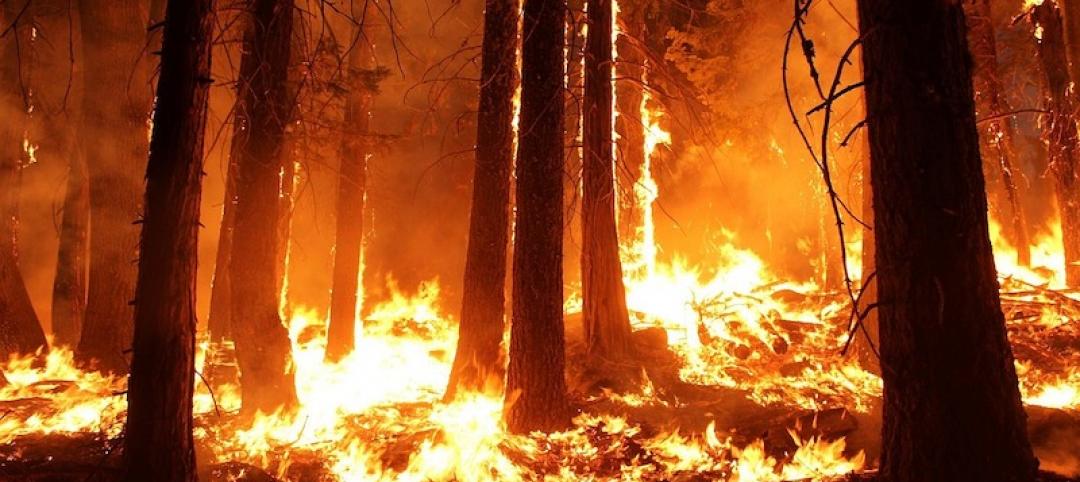A new version of ASTM E1527 standard for Phase 1 Environmental Site Assessments is expected to be completed this year.
The new standard would affect about 250,000 commercial real estate deals a year. One of the proposed changes could be interpreted to require the same level of historical research of adjoining properties as is done for the subject property. The assessment, in such a case, would require additional historical research to fill in data gaps for certain adjoining properties, which could increase the scope and cost of some reports and potentially delay transactions.
Other proposed changes add PFAS and other emerging contaminants to the list of “non-scope issues,” raising awareness of the issue that some may want to evaluate as is commonly done with asbestos and mold. The draft new standard aims to call more attention to significant data gaps, a substantial piece of information that wasn’t feasible to obtain given time or budget constraints.
Data gaps would be assessed as to whether they materially affect the environmental professional’s ability to identify Recognized Environmental Conditions (RECs). The ASTM committee will continue to discuss, refine, and vote on proposed changes and has a goal of releasing the new standard by the end of the year.
Related Stories
Codes and Standards | Nov 17, 2020
Midtown Manhattan’s empty offices could be converted to affordable housing
Advocates envision idle offices re-zoned to alleviate housing crisis.
Codes and Standards | Nov 16, 2020
New concrete detailing manual includes downloadable CAD files
American Concrete Institute document contains guidance on codes for structural concrete.
Codes and Standards | Nov 12, 2020
California rent control measure defeated
Golden State voters reject Proposition 21.
Codes and Standards | Nov 11, 2020
NY court ruling makes it easier for condo boards to sue investors for construction defects
Investors would be tapped for damages on such cases.
Codes and Standards | Nov 10, 2020
Researchers and industry leaders will form national institute for AI in construction
Goal is to identify high-impact areas for application in design and construction.
Codes and Standards | Nov 6, 2020
Jobsite injuries in New York City decline 20% since 2017
Safety training cited as a cause of improvement.
Codes and Standards | Nov 4, 2020
Commercial building owners having tougher time securing insurance policies and renewals
Insurers’ fears of civil unrest in wake of election prompt builder’s risk coverage moratoriums.
Codes and Standards | Nov 4, 2020
Turn rooftops into revenue generators with solar arrays
Lease or ownership models for PVs make more sense than ever.
Codes and Standards | Nov 3, 2020
The argument against gas stoves includes degraded indoor air quality
Asthma seems to be aggravated by cooking with flame.
Codes and Standards | Nov 2, 2020
Wildfires can make drinking water toxic
Updated building codes could mitigate the danger.

















